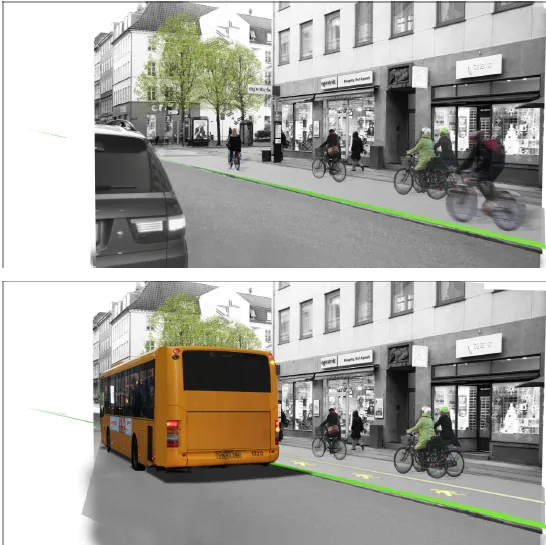CI-Motords, a scooter and motorcycle users pressure group in Switzerland, has called for the right of freely choosing modes of transport to become part of the constitution.
March 15, 2012
Read time: 1 min
CI-Motords, a scooter and motorcycle users pressure group in Switzerland, has called for the right of freely choosing modes of transport to become part of the constitution. The group claims that motorcyclists are systematically disadvantaged in urban traffic.
Several proposals have been made by the initiative. One is to allow motorcyclists to use bus lanes. They also call for more parking space for motorcycles.
FMS, the federation of Swiss motorcyclists, pointed out that if more motorcycles were used there would be fewer traffic jams. This is backed up by research that claims that if 10 per cent of car drivers were to switch to motorcycles in any given European city, congestion would be reduced by 40 per cent.







